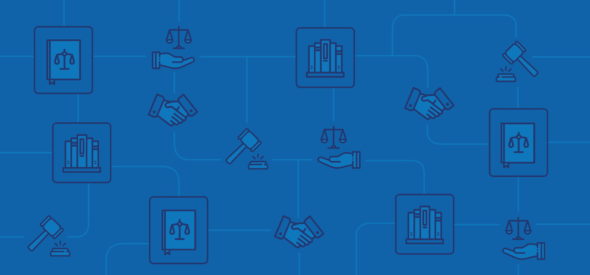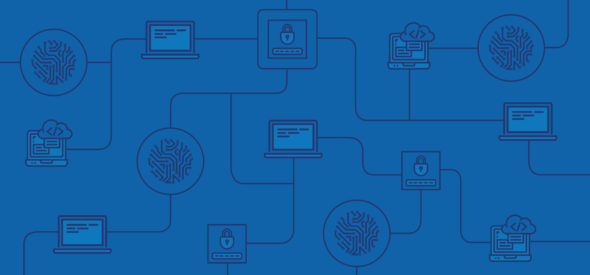ADC attends Future Affairs Compact 2021
The Association for Civil Rights (ADC) participated in “Future Affairs Compact 2021,” a conference organized by the German Federal Foreign Office on October 19, in virtual mode, which addressed the issue of “Chances and risks of social media for democracy”.
In a panel comprising Paul Fehlinger (Internet & Jurisdiction Policy Network, France), Amélie Heldt (Leibniz Institute for Media Research, Germany), and moderated by Carolina Chimoy (Deutsche Welle), ADC researcher Eduardo Ferreyra spoke about trends and initiatives against disinformation and social media in Latin America.
In this respect, he pointed out that in Latin America, disinformation happens amid societies characterized by deep economic inequality and extreme political polarization. A scenario that, he stressed, must be considered so that civil society can play a more relevant role in the debates. “In that sense”, highlighted Ferreyra, “from ADC, we have made public policy review, providing recommendations to improve content moderation practices and a better regulatory framework for governments”.
“If we look at the trend in the region, we can see that most of the measures taken have a great deal of puntivism, more focused on criminalizing the spread of fake news,” continued Ferreyra. “From ADC, we consider that this type of norm can considerably affect freedom of expression because it may be used to persecute journalism or political opponents, and even lead to a certain degree of self-censorship. There is room for government regulation, surely, but it should aim more at compensating for those problems detected in private content moderation, such as the lack of transparency or due process, and certain arbitrary decisions of the platforms, than anything else”.
During his presentation, Ferreyra detailed two ways in which Latin American countries can begin to tackle disinformation. The first is to explore regulatory options that do not only refer to platform policies but also, for example, to the issues of personal data protection or political campaign financing. “We have to start addressing the actors that are producing this information. And in the case of Latin America, unfortunately, there is little transparency about who finances political campaigns and advertisements, while at the same time, data security laws are not updated in many countries. Political parties, governments, and advertising agencies have enough freedom to collect personal data in a completely non-transparent manner,” he remarked.
Secondly, Ferreyra deemed it essential to resort to the Inter-American Human Rights System. “It is a tool that enables us to devise guidelines and standards of regional, not only domestic, application. Because normally, what happens depends largely on the context of each country. In some of them, the biggest problem is the large-scale spread of disinformation, while in others, freedom of expression can be curtailed under that threat”.
With this emphasis on the convenience of using the Inter-American System, our delegate concluded that “a norm above such domestic political contexts gives the chance to provide minimum standards from which each country can develop its own regulations, but always respecting human rights, which is the main goal of the Inter-American System”.

